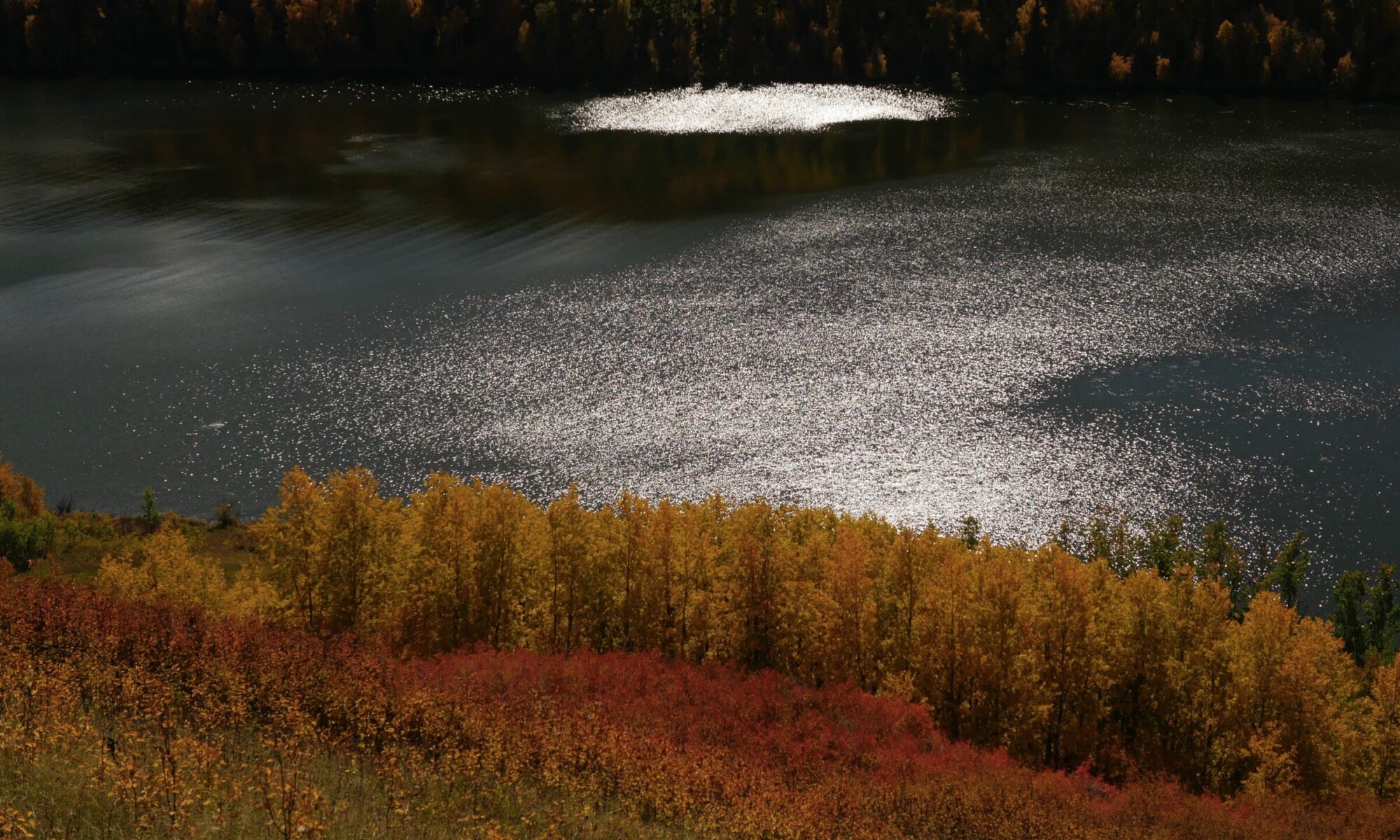This documentary/game is very much worth looking at (and playing): a new National Film Board release by filmmaker David Dufresne. Click here for the link to the main page, trailer and game. Click here for the filmmaker’s blog post about the game. The game has been getting quite a bit of press since its release this week.
A talk by Leanne Simpson
I am listening to Lorne Green tonight, and again finding him inspiring as always and the history as always dispiriting but as critical to ground ourselves in as the land we traverse and enhome ourselves in. I want to share this talk delivered a couple of weeks ago at SFU by Anishinaabe activist, writer, storyteller, academic Leanne Betasamosake Simpson, Restoring Nationhood: Addressing Land Dispossession in the Canadian Reconciliation Discourse.
Defend Our Climate, Defend our Communities #N16
This website provides information about and a map for events in Alberta and Canada that you can attend on November 16th, targetted at MPs’ offices. (I see there is one in Camrose at Kevin Sorenson’s office). In some cases, there are rallies and speakers. You can find the website here.
Idle No More’s birthday
After those inspiring talks at the conference last week, I tweeted that I couldn’t believe that it had been a year since INM had transformed my sense of my own relationship with Canada, indigenous peoples, and the land I have settled on, migrated to. You may have seen this invitation from Idle No More asking all of us to celebrate its birthday on November 10th at a webinar with Winona LaDuke, well-known for her work on land recovery and for her organization Honor the Earth, now in its 20th year. CBC also recently featured a new website, Indigenous Nationhood Movement, which builds on the work of Idle No More. The blog, resources and media sections are very engaging. You will find there the wonderful work of Leanne Simpson who writes about Anishinaabe concepts of language, nationhood, land and family with the phrase “an ecology of intimacy”:
Kina Gchi Nishnaabeg-ogamig is an ecology of intimacy.
It is an ecology of relationships in the absence of coercion, hierarchy or authoritarian power.
Kina Gchi Nishnaabeg-ogamig is connectivity based on the sanctity of the land, the love we have for our families, our language, our way of life. It is relationships based on deep reciprocity, respect, non-interference, self-determination and freedom. . . .
Reconciliation and residential schools: some links
Hello everyone: It was an honour to participate in the conference. I am posting at Dittmar’s suggestion a couple of links related to TRC hearings and residential schools. Apologies ahead of time for the length of the post.
If you go to the Truth and Reconciliation Commission of Canada’s main page, you will find information about the latest hearings in Calgary (November 4th and 5th) and the final national event in Edmonton in late March. Search the site for resources, information and their interim report. To watch the hearings, go to their livestream (http://www.livestream.com/trc_cvr). You can also scroll back (below the main window, even when it is offline) to see past hearings. Do look at some of the BC National event (BCNE) from September in Vancouver. I am happy to recommend particular sections I pointed out to my students. Further back in June and July, you can find the regional hearings from Red Deer, Hobbema, High Level, and others.
You can also find online a number of talks by the TRC commissioners. Like Sylvia’s and Janice’s talks, they are informative and eye-opening. Justice Murray Sinclair speaks eloquently, as does Commissioner Willie Littlechild (who of course is local from Ermineskin: he went to that residential school for many years). For good information, well-presented, on the history and legacy of residential schools, go to Legacy of Hope and, in particular, Where Are the Children?.
I also suggest a book published by the Aboriginal Healing Foundation, which itself has a wealth of resources. The anthology Speaking My Truth: Reflections on Reconciliation and Residential School, based on a trilogy of books on the same topic, is being used as a common reading text in some colleges and universities. Students in my classes are organizing the Calgary launch of the book in conjunction with the Calgary TRC hearings. The book or the trilogy can be downloaded or ordered in print for free from the AHF in any quantity from speakingmytruth.ca. The AHF can also be contacted to help fund travel for the contributors and editors of the book through the same website.
Finally two unrelated links that we suggested at our table during the conference. Sharron Proulx suggested that people looking for an accessible TV alternative news source go to Aboriginal Peoples Television Network. I suggested the website project of a Cree Métis artist/singer/songwriter, Cheryl l’Hirondelle, called treatycard, in which she invites all settlers to print and carry our own treaty cards. We are all treaty people.
